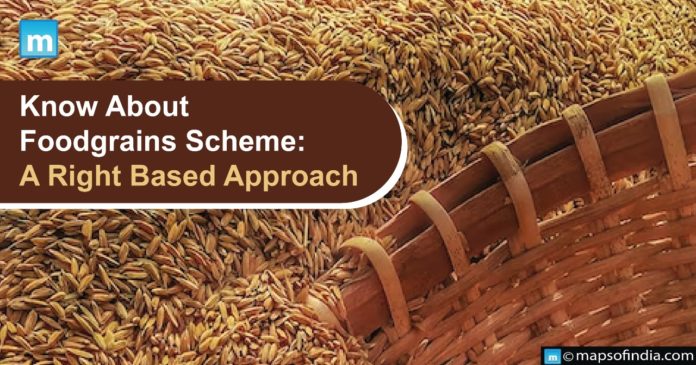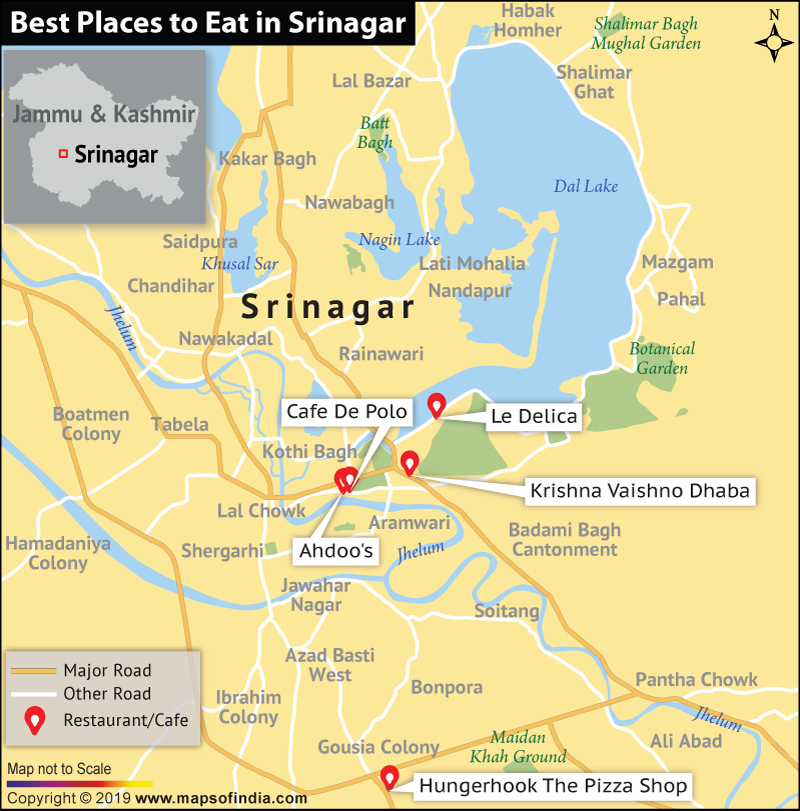All people, at all times, should get access to essential food availability for healthy living. With this thought, the Ministry of Consumer Affairs, Food and Public Distribution issued a notification to provide free food grains to all eligible households under the National Food Security Act (NFSA), 2013. The included food grains are rice, wheat and coarse grains. This is termed a ‘New Year’s Gift’ for the poor of the nation.
Before the NFSA, beneficiaries were entitled to a monthly quota of 5 kg of grains through the public distribution system. The state government will not get any credit for the scheme as the central government is making the distribution of grains completely free. Whereas, earlier under NFSA, there were few subsidy rates attached to it.
Ministry of Consumer Affairs, Food and Public Distribution
The Ministry of Consumer Affairs, Food and Public Distribution was formed under the jurisdiction of the Government of India in 1946. The ministry is further divided into two separate departments:
Department of Food and Public Distribution
This department ensures that food grains are supplied at reasonable prices through the public distribution system.
Public Distribution System
It is a national food distribution system that distributes food to poor people at subsidized rates. The primary commodities distributed under this are rice, wheat, kerosene and sugar. The system implements national policy for farm operations, price support, storage, distribution, procurement, preservation and inter-state movement.
Department of Consumer Affairs
This department is responsible for administrating policies for price monitoring, consumer cooperatives, the consumer movement, essential commodity availability and control of statutory bodies.
The National Food Security Act, 2013
Though there is no particular right in the Constitution of India, the right to life in Article 21 justifies the right to live with human dignity and the basic need of life, and the availability of food is one of them. The enactment of the National Food Security Act has shifted the approach towards distributing food to the people. Previously, food security was considered a means of welfare, but now it stands as a right.
The act legally entitles the rural and urban populations to get subsidized food grains. The subsidy is given to those who are found eligible under the act. It is implemented nationally in all states and Union Territories, and the procedure of adding and eliminating people continues. The elimination of ineligible, fake or duplicate ration cards is done by the government. Also, a check over the birth, death and migration data is done.





